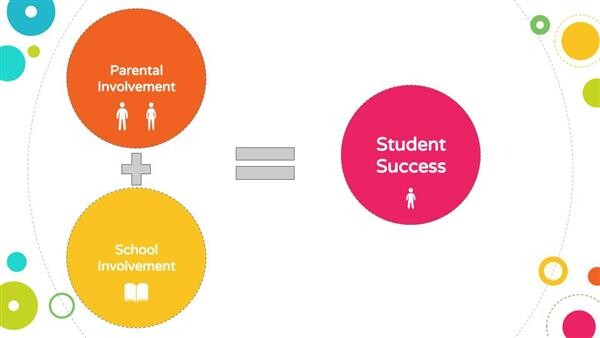Supporting your child Post 16

We understand how daunting it can be to help your child make informed decisions about their future. It probably feels like you have blinked and now they're planning life after school already!
Supporting you through this time is as important to us as supporting the students themselves. We regularly have conversations with parents and guardians who feel at a loss with how to support their child; striking the balance between being a source of support and overinfluencing or taking over can be tough.
Understanding the options available can help you to feel confident in the support you give. There are a bewildering array of choices, and we are here to help you navigate them.
Below we have compiled some of the key points to help you feel confident in understanding how best to help your child’s next steps:
All children in the UK must remain in education or training until at least their 18th birthday.
This could include:
- A full-time place at a Sixth Form or College
- An apprenticeship
- A recognised training scheme such as the Armed Forces
- A part-time job or volunteering, combined with a recognised National qualification.
How to tackle the "what do you want to do?" question
In terms of education, there are lots of options to choose from, and supporting your child to understand their learning style and the best type of course for them is key. Some questions to prompt your discussions might include:
- Would you prefer more traditional classroom-based learning (academic), or using practical skills with some learning in the workplace (vocational)?
- Would you prefer to focus your efforts on one subject or to take several subjects?
- What’s your assessment preference? Mostly exams (A-Levels), some coursework or a variety of assessments throughout the course (vocational)?
- How would you like your education to relate to an actual job or industry?
Once you’ve supported your child to understand whether the more academic pathway of A-Levels, or the more skills or work-based vocational pathway is best, the next thing to consider is the learning environment. This will have a large bearing on your child’s progress and enjoyment of their post 16 education. Would a School Sixth Form, Apprenticeship or College setting be best?
School Sixth Form: tends to be more structured and centred around the school routine (although more independent learning than in previous years). Mostly classroom-based learning, with support for learning and pastoral matters. May or may not wear a uniform.
College: greater independence from the start, choose where to spend free lessons, less structure. Less obvious support but accessible when sought. No uniform.
Apprenticeship: on an apprenticeship, you are both employed to do a real job whilst also studying for a formal qualification, either in a training centre or a college.
We have listed some of the most popular Sixth form and Further Education settings for the area and included a link to view the Ofsted rating and report to help you gain an insight into how these are performing. Click on the setting name to be directed to the most recent Ofsted findings:
Havant and South Downs College
Ultimately, the best way to see which learning environment is best is to actually see it for yourself. Supporting your child to register for and attend open events is really key to making more informed decisions. Taster days are also a great way to gain a deeper understanding about courses and teaching styles and these will be offered to all our year 10 Students on roll.
 Positive ways to engage your child
Positive ways to engage your child
Show interest, without nagging
Use open questions which encourage discussion
Small steps at first to aid planning and research e.g. signing up to the next open event, or looking at a website together. (Write things down to avoid overwhelming, including a plan of action!)
Build trust and be non-judgemental - they will be more likely to share experiences and thoughts with you
Check-in regularly, stay observant and keep positive
Parents and Carers often feel frustrated when their child’s ideas about their future seem to change frequently. Embrace this and see it instead as a healthy, normal part of their development - after all, being curious about their future and adaptable as their ideas change is a fantastic career development skill that will support them throughout their lifelong career journey.
Supporting Aspirations

At Trafalgar School we are incredibly proud of our strong focus on careers and employability.
We have collected data which shows the percentage of our students who move onto Sixth form or Further Education when they leave Trafalgar. This information is based on students who left school in the previous academic years:
Percentage of pupils who went on to FE
2020/21 - 91%
2021/22 – 98% confirmed*
*PROVISIONAL DATA - need to remain in education, training or employment until the end of the year.
The active involvement of parents and guardians in education and school life is highly correlated with academic achievement – moreso, according to long-running research, than school quality itself. (e.g. Becher, 1989).
Your child is more likely to be pro-active with discussions about their futures when they feel like you are engaged and share the same excitement. If you feel you would benefit from some advice on how to tackle this positively, we have included some links below to some fantastic resources to help get you started. Alternatively, you can email Miss L Passmore, on careers@trafalgarschool.org.uk who will be happy to support you.
Careermag is a great place to get a full run down on Apprenticeships, Careers of the futures and how to talk to your teenager about Careers.
Talkingfutures toolkit is a resource designed to help parents have informed conversations with their child about what type of training and education pathways are available to them.

